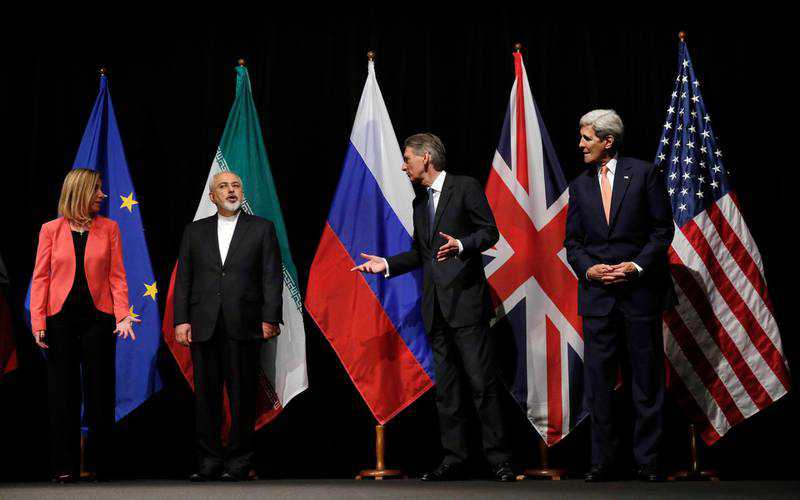UK investigators examine potential Iran sanctions breaches
16 October, 2021

British financial investigators have examined a series of suspected breaches of the UK’s sanctions programme that targets Iran’s nuclear programme.
Britain’s Office of Financial Sanctions Implementation (Ofsi) said in its annual review of £12.2 billion ($16.79 billion) frozen assets that it considered 132 potential sanctions breaches in the year to April 2021, with Iran-linked cases a “significant proportion of those reports received”.
The UK used to be part of a broader European Union sanctions programme but in 2021 launched its own autonomous system after Brexit, albeit with many of its targets similar to the EU programme.
It has 2,213 targets – three quarters of them individuals – who are subject to asset freezes that stop them from using money held in UK accounts.
The body said that many of the suspected Iranian cases were historic in nature and were related to potential breaches before the 2015 nuclear deal that lifted some sanctions in return for Iran restricting its nuclear programme.
“Breaches of financial sanctions are a criminal offence,” said Ofsi, with penalties of fines and up to seven years in prison for individuals.
It declined to give further details of the sums of money connected to the potential breaches and said that many of its inquiries were complex and could take many years. The 140 breaches recorded in the previous year were linked to transactions of nearly £1 billion.
Breaches can include a bank being fined for lending money to a sanctioned entity, such as Ofsi’s record penalty of £20.5 million for Standard Chartered Bank, which bust sanctions imposed after Russia invaded Ukraine.
Financial institutions and other bodies are required by law to inform the authorities if they suspect a person or entity on the sanctions list is financially active in breach of the rules. Most reports are from banks, but countries, charities and lawyers have also raised the alarm.
In September last year, UK financial institutions held about £12.2bn in frozen assets from 33 different programmes with the vast majority, £11.53bn, connected to Libya.
The sanctions regime targeting Iran’s nuclear proliferation comprises the second highest amount of frozen funds, amounting to £461m. Sanctions targeting Syria (£159m) Ukraine (£45m) and North Korea (£3m) are the next highest.
The figures for asset seizures do not include properties, but 16 were frozen in 2019, according to previous figures.
Source: www.thenationalnews.com
